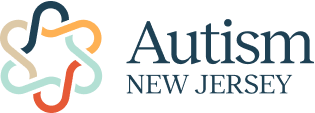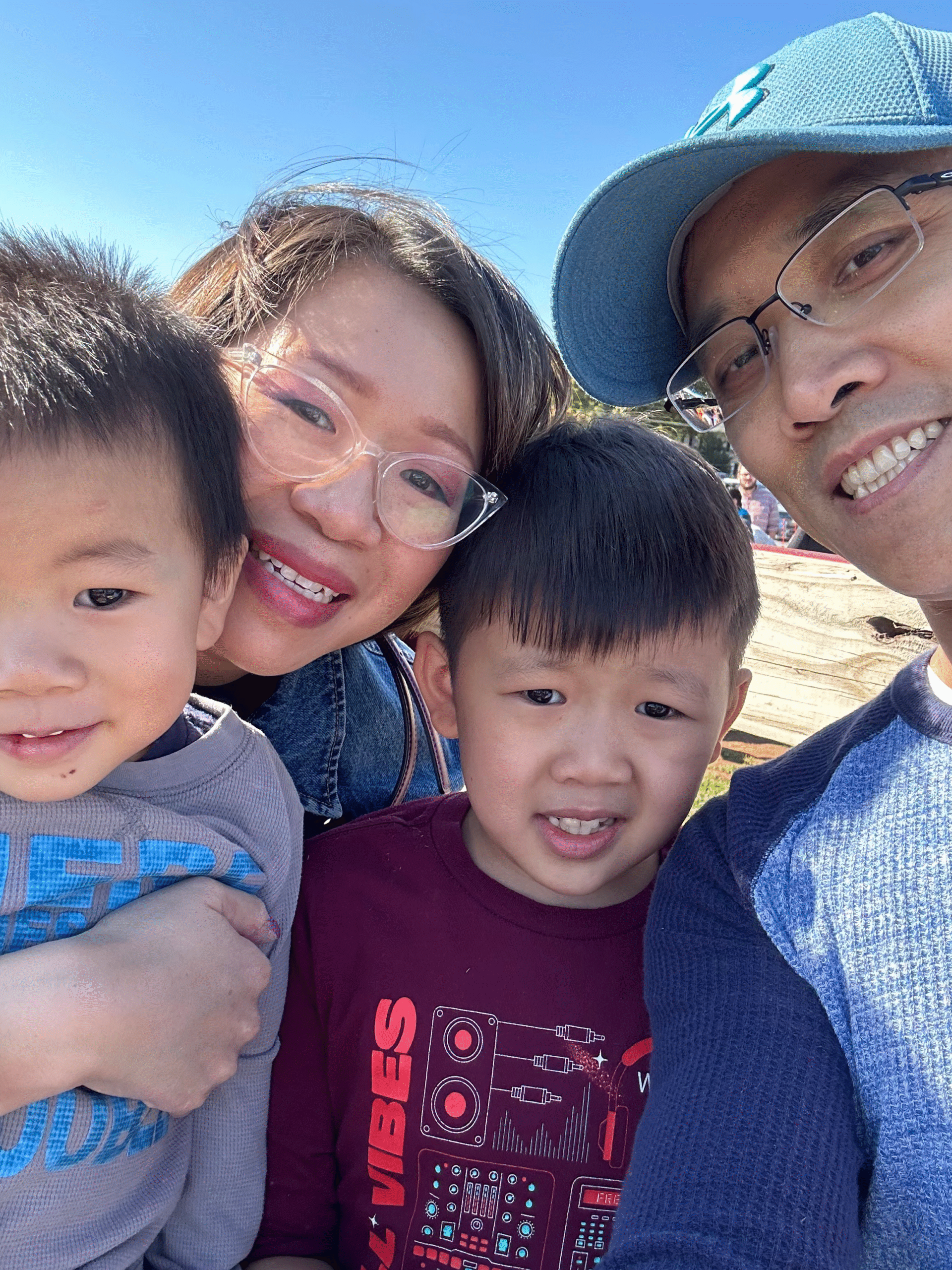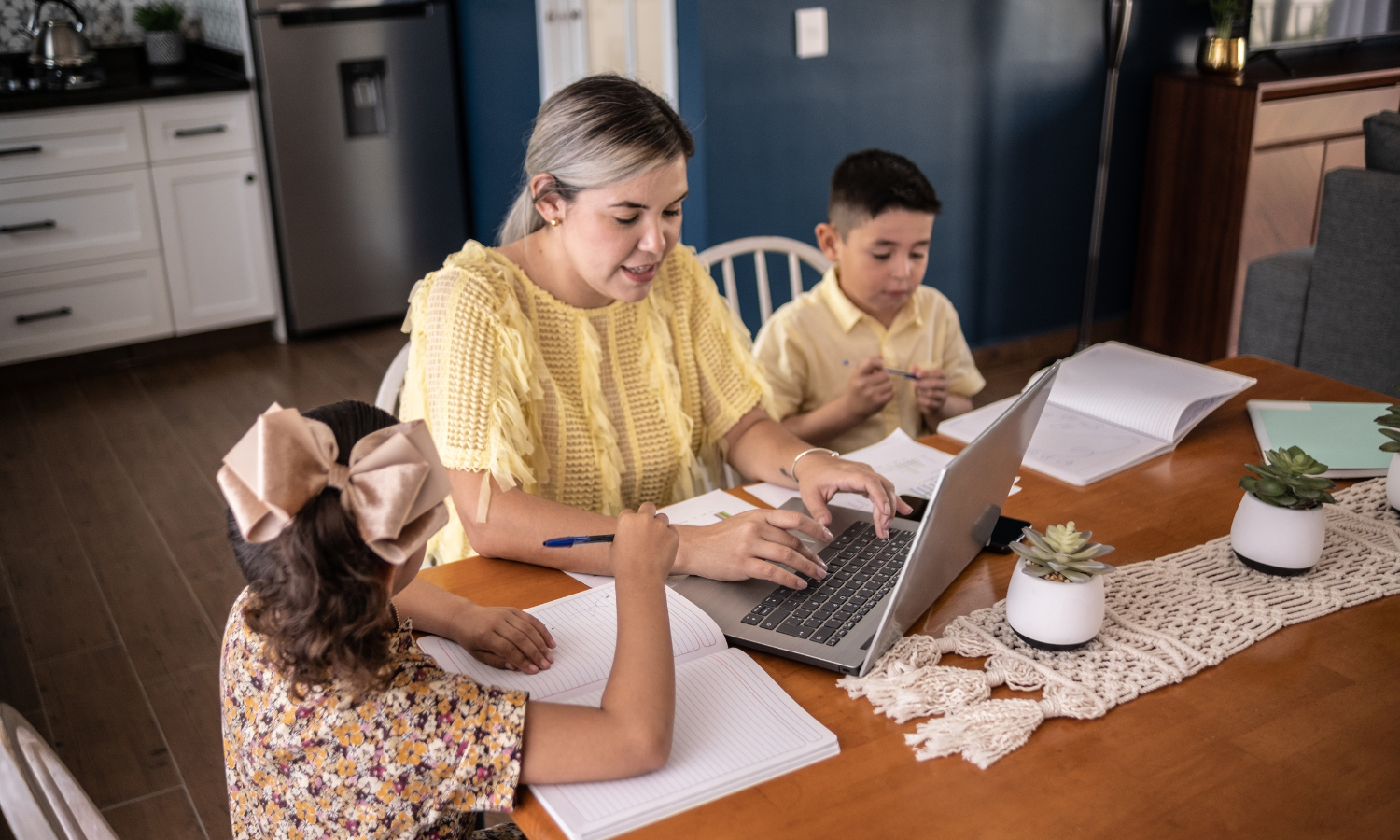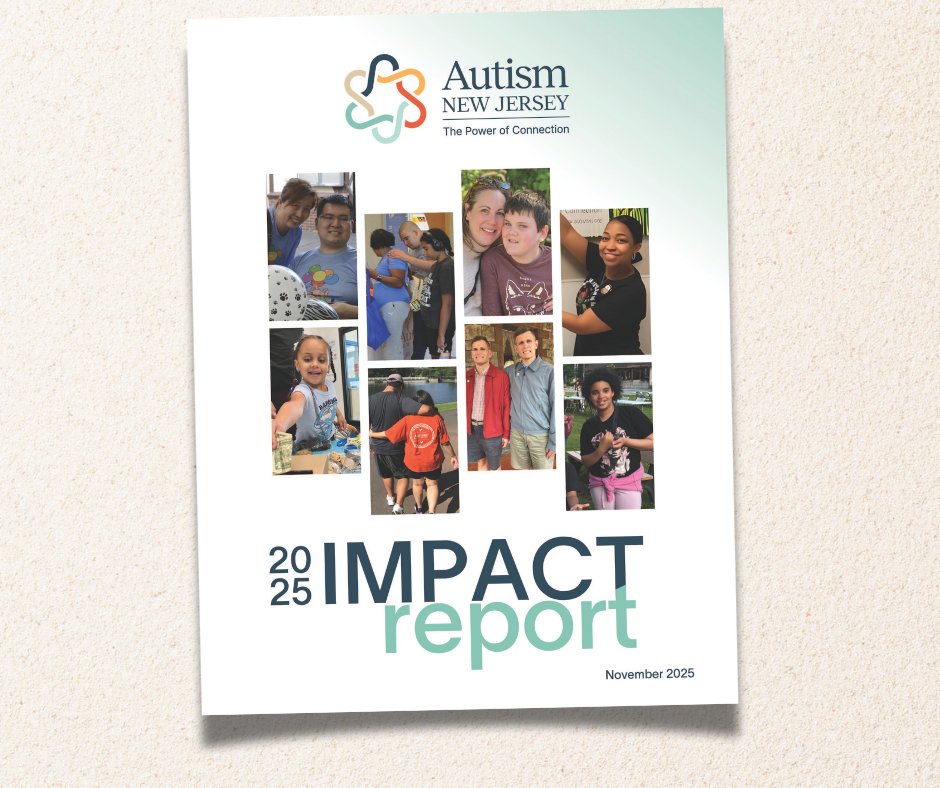
Autism New Jersey’s Law Enforcement Initiative aims to bring together individuals and entities in law enforcement and the autism community to identify best practices in a variety of areas and encourage more law enforcement entities to adopt autism-friendly practices. Through this initiative, Autism New Jersey serves a statewide coordination role to facilitate law enforcement agency planning.
Creating a law enforcement environment that is inclusive and accommodating to autistic individuals is crucial for fostering positive interactions and ensuring the safety of both the community and those with autism. Autism-friendly practices for law enforcement involve implementing strategies and training practices to enhance officers’ understanding of autism and equipping individuals in law enforcement with the skills to communicate effectively and respond appropriately to individuals with autism.
Important Notes
Strategy Types
These autism-friendly practices include both proactive and in-the-moment strategies. Developing a comprehensive approach that includes both types of strategies promotes empathy, patience, and flexibility within law enforcement that can significantly contribute to building trust and ensuring the well-being of individuals with autism in various community interactions.
Preliminary List
The practices below are a sample of strategies and outreach methods. Some of these practices are already operational on municipal, county, and State law enforcement levels.
Planning Tool
This list will be expanded over time and enhanced with examples of real-world implementation. Feel free to use the list as a resource for long-term planning and as a tool for agency self-review and quality improvement of existing practices.
Autism Friendly Practices by County Heatmap
PROACTIVE STRATEGIES AND INITIATIVES
| Introductions and interactions To promote a positive and healthy relationship between members of the autistic community and law enforcement |
|
| Identification To inform law enforcement and other relevant persons that the individual has a disability or health need. |
|
| Registries To enhance the well-being, safety, and support of those on the autism spectrum. |
|
| Location Devices To assist with locating individuals if they go missing |
|
| Driver and Passenger Safety To ensure safety when interacting with autistic individuals who may be traveling in vehicles |
|
| Community Safety and Awareness To increase public awareness of available law enforcement resources intended to ensure the safety of the autistic community and foster a partnership between and among these communities |
|
| County-Level Leadership To promote law enforcement officer well-being to assist in managing their many and varied roles |
|
| Training To support more effective interaction with autistic individuals by respecting their communication needs |
|
| Law Enforcement Support To help ensure successful interactions by accommodating autistic individuals’ various sensory needs |
|
IN-THE-MOMENT STRATEGIES AND INITIATIVES
| Effective Communication To support more effective interaction with autistic individuals by respecting their communication needs |
|
| Supportive Environment To help ensure successful interactions by accommodating autistic individuals’ various sensory needs |
|
Autism New Jersey’s Law Enforcement Initiative intends to serve as a dynamic and ever-evolving statewide effort that will continue to rely on collaboration between the law enforcement and autism communities. Such a working relationship can only further our shared goal of ensuring the safety and wellness of our most vulnerable community members.
| Are you a law enforcement officer, prosecutor's office, or work in a related professional role? We welcome the opportunity to connect with you. Please email us at LE@autismnj.org. |
|---|
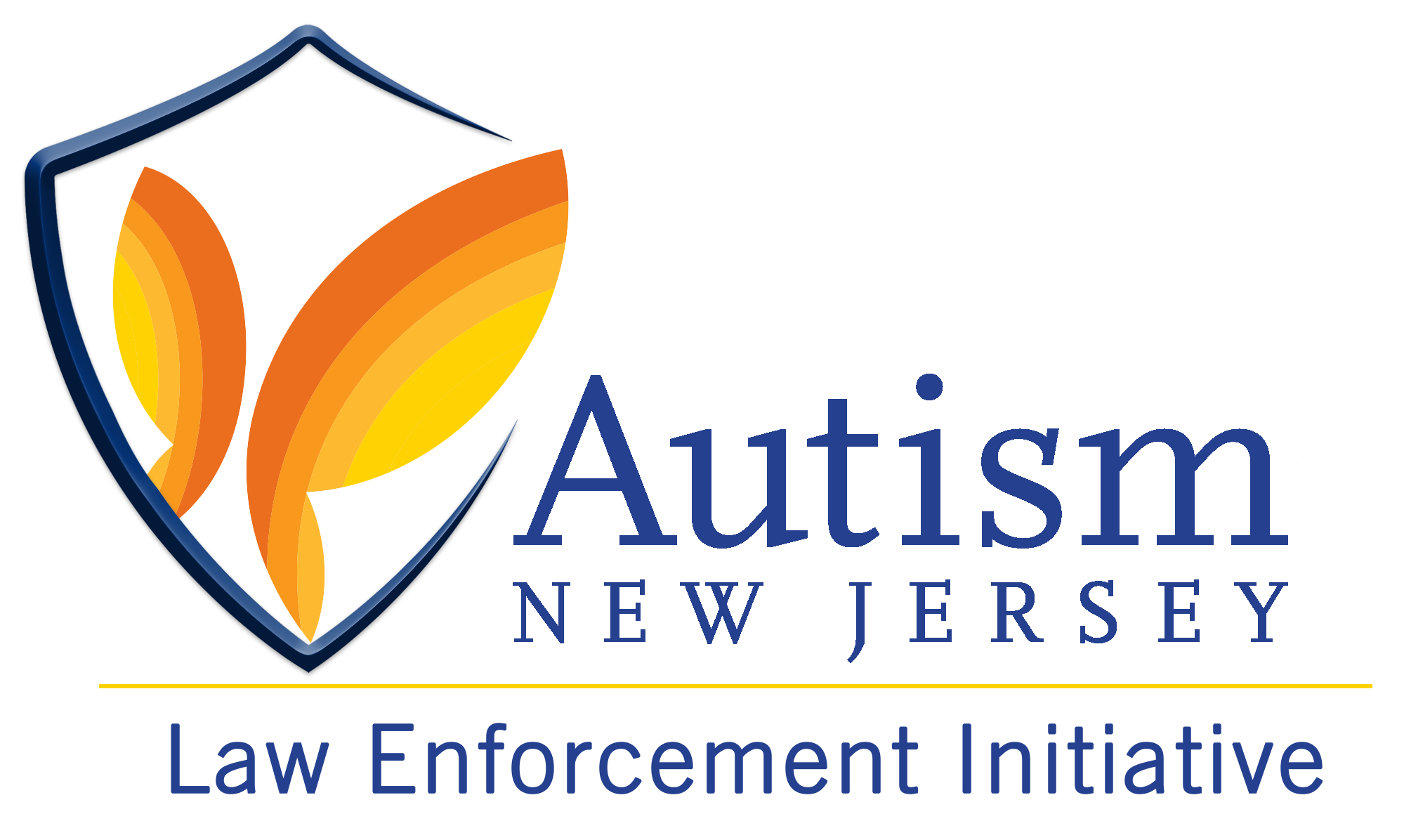 |
